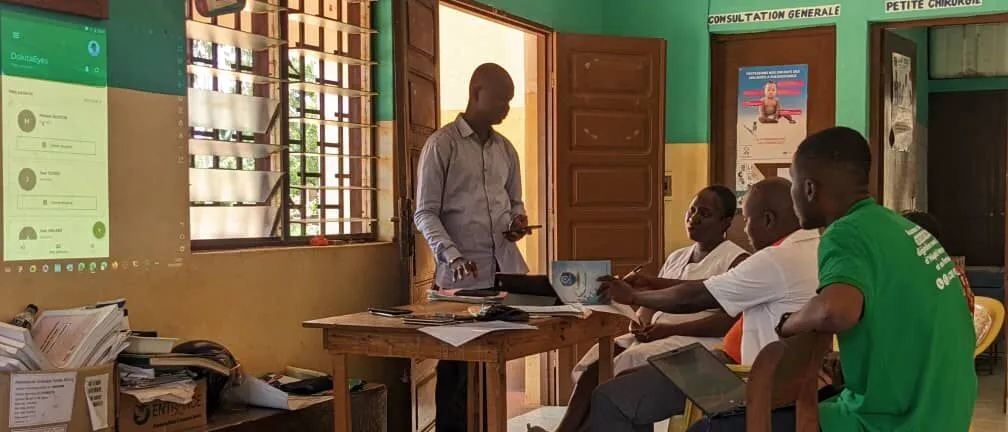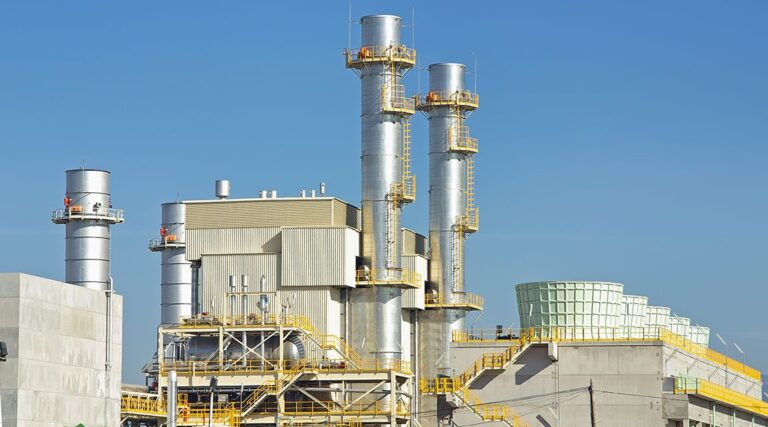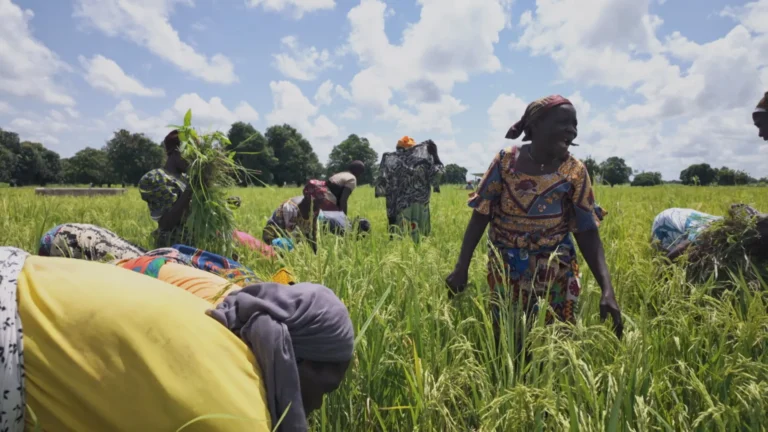
Togo is steadily transforming its healthcare landscape, establishing itself as a potential benchmark in West Africa.
Over the past few years, the country has invested heavily in modernising infrastructure, expanding access, and improving the quality of care.
According to the World Health Organization, more than half of Africans still lack essential health services, with a shortage of facilities and equipment cited as a primary obstacle.
In Togo, 38% of citizens consider health one of the most pressing national challenges, according to Afrobarometer 2024.
The right to health has been enshrined in the Constitution since 1992, and President Faure Gnassingbé has made healthcare a pillar of sustainable human development.
Between 2020 and 2023, the proportion of the population with access to healthcare rose from 71% to 90.7%, according to the Togolese Presidency.
The country’s ambitious Hospital Establishments Project (PEH), launched in August 2025, aims to modernise and reorganise all healthcare structures.
“Designed to strengthen hospital governance, improve their internal operations and the quality of care, the project takes into account the specificities of each region and aligns with the main guidelines of the government’s 2025 roadmap,” the government stated.
Even before PEH, Togo had inaugurated the International Cancer Center in Lomé in November 2022 and opened a new cancer treatment facility in November 2024.
The effectiveness of Togo’s healthcare system was highlighted at the recent General Assembly of the International Social Security Association (ISSA).
Justin Thilabalo Pilante, Director General of the National Institute of Health Insurance of Togo (INAM), noted that three million citizens now benefit from health protection following the 2020 law on universal health coverage.
He also discussed the state-funded School AMU program, which ensures comprehensive healthcare for all public school students.
University hospitals are also undergoing major upgrades. The ELLIPSE project has strengthened the Kara University Hospital through infrastructure rehabilitation, service restructuring, and modernisation of biomedical equipment.
The Lomé Campus University Hospital will follow suit with a five-year roadmap (2026-2030) to become a leading centre for medical care, research, and training.
International cooperation continues to bolster these efforts.
The new cancer treatment centre, focusing on radiotherapy and nuclear medicine, is supported by Austrian partner AME International.
The Lomé International Cancer Center was developed through public-private partnerships with French and Luxembourg stakeholders, with BPI France recognising healthcare as “one of Togo’s major economic opportunities” and a growing domestic market.
Togo’s investments underscore a commitment to making healthcare more accessible, efficient, and attuned to the population’s needs, positioning the country as a model for sustainable human development in the region.



